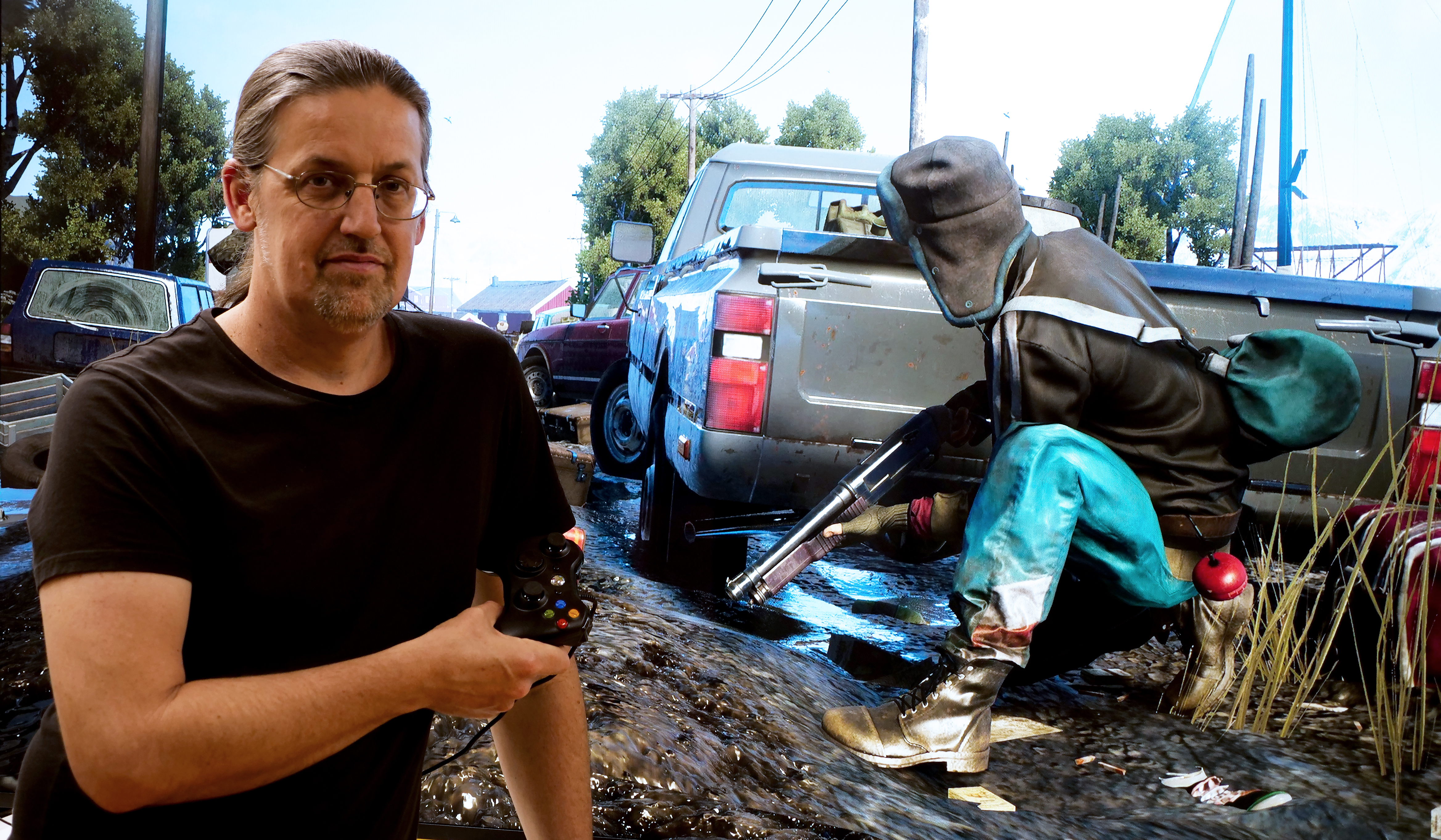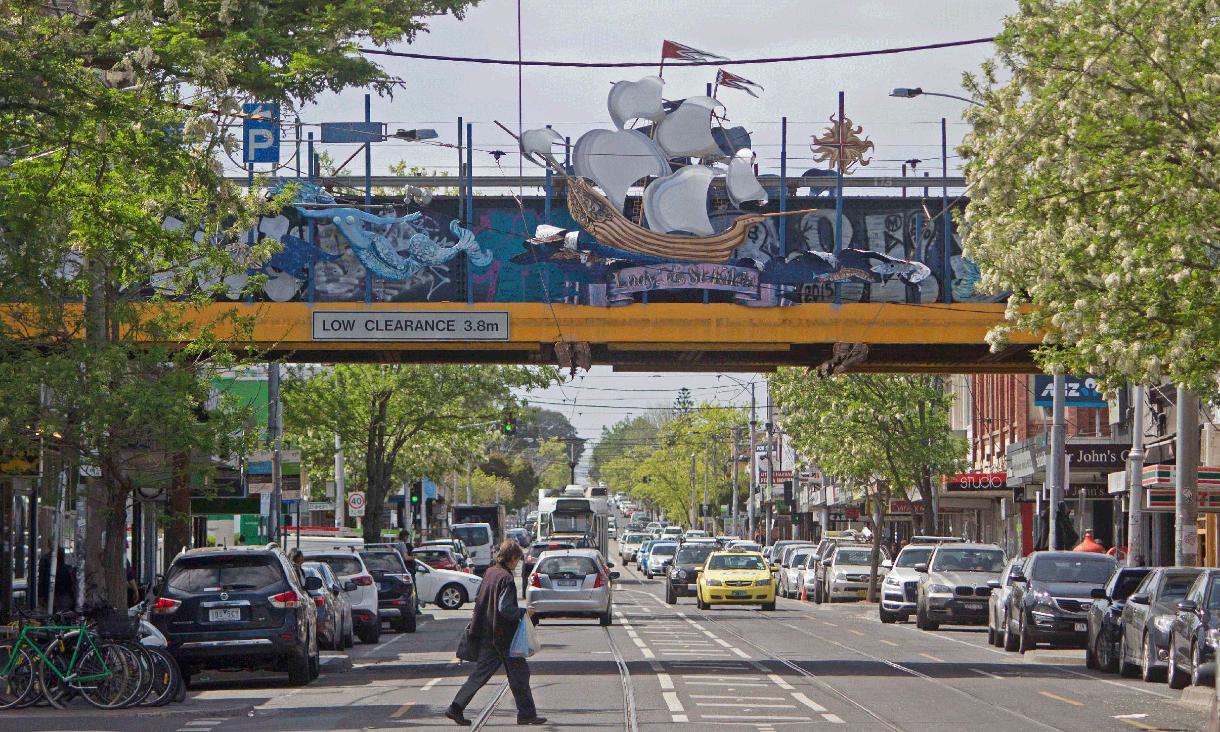As an urban researcher, why are you interested in games?
I am primarily interested in how our cities continually change and adapt in often unpredictable ways.
Cities as we know need energy to maintain themselves and are intrinsically tied up with access to energy resources in order to survive.
If we take away or even temporarily disrupt the energy inputs that allow our cities to exist and function, such as petrol fuel, gas or electricity, we are in a world of trouble.
The risk of unpredictable consequences, or even collapse, is a certain possibility. This is where games come in.
Anyone who has ever played a real-time strategy game like Age of Empires or StarCraft, understands the fundamentals of how energy and resource management is crucial to success – or even survival.
The first step in most “building” or strategy games is to find, secure and exploit resources, whereas in reality, most city residents only think about our supplies of oil or other energy once they are at risk.
Games bring such considerations to the forefront and make them obvious.
I think that has really interesting and important implications for how we think about and plan our complex urban systems.
What do you think is the appeal of apocalyptic games?
There has been a huge rise in the popularity of survival games, where resource management as a game mechanic is taken to the extreme.
Games like Vigor; The Long Dark; Banished; Sir, You are Being Hunted or even the perennial favourite Minecraft (in survival mode) use resource scarcity as the crucial game mechanic.
In these games victory means survival in the face of endemic and inescapable resource shortages – and often this survival is merely temporary.
In many of these games, death or collapse essentially inevitable, and “winning” means postponing the inevitable for as long as possible.
Furthermore, recent research undertaken in the US and Denmark found that a clear “need for chaos” shapes the political (dis)engagement of a significant percentage of their population.
Over 40% of respondents agreed with such statements as “we cannot fix the problems in our social institutions, we need to tear them down and start over”, or “sometimes I just feel like destroying beautiful things”.
To what extent are people’s positions on Brexit, Trump or climate change denialism driven by nihilistic impulses? How effective is an appeal to Hope in the light of such attitudes?
Are we attracted to the idea of a clean slate and a chance to start again or do we just want to watch the world burn?
Exploring the attraction of apocalyptic games might be a way to begin answering such a question.
What can we learn or apply from apocalyptic games to real life?
I think the most interesting reason why such games are relevant to our contemporary reality is that they exist as models for imagining possible future scenarios around climate change, fuel and food security, or social and technological collapse so that these possibilities can be explored within popular culture.
There is a great deal of denial, whether unconscious or conscious, around such challenges facing our wider society.
We don’t want to think about such dystopian or uncomfortable possibilities, therefore there is real value in “imagining the unimaginable” and games, in my opinion, are perhaps the best artform for doing this and driving positive change.
What can we look forward to in your session at PAX?
Along with my fellow panellists, Dr Paul Scriven and Erin Tyrrell from the RMIT School of Global, Urban and Social Studies, we will be looking at the attraction of apocalyptic or collapse games from a variety of viewpoints.
We will be looking at the wider social implications of such dystopian visions and how they can help promote and drive change in behaviours and attitudes to things like climate change and our basic understanding of how cities and societies work.
We will also examine the mental health implications of playing apocalyptic games and the implications of online gaming as a model of social interaction within worlds where clear social rules and norms have, in many cases, been neither established nor enforced.
This dives further into who we are when we play apocalyptic, post-apocalyptic or disaster scenario games.
Do we want to be the hero or the villain? How might this influence how we treat each other? How seriously should we take interaction in apocalyptic games which allows us to be horrible to each other?
This is a fascinating space where we still don’t know fully the answer to such questions.
Dr Anthony Richardson is a sessional tutor in the Sustainable Planning Program. His session at PAX AUS Apocalypse or Bust? will be held at the Kookaburra Theatre on Saturday 12 October. Register to attend.
Story: Chanel Bearder





